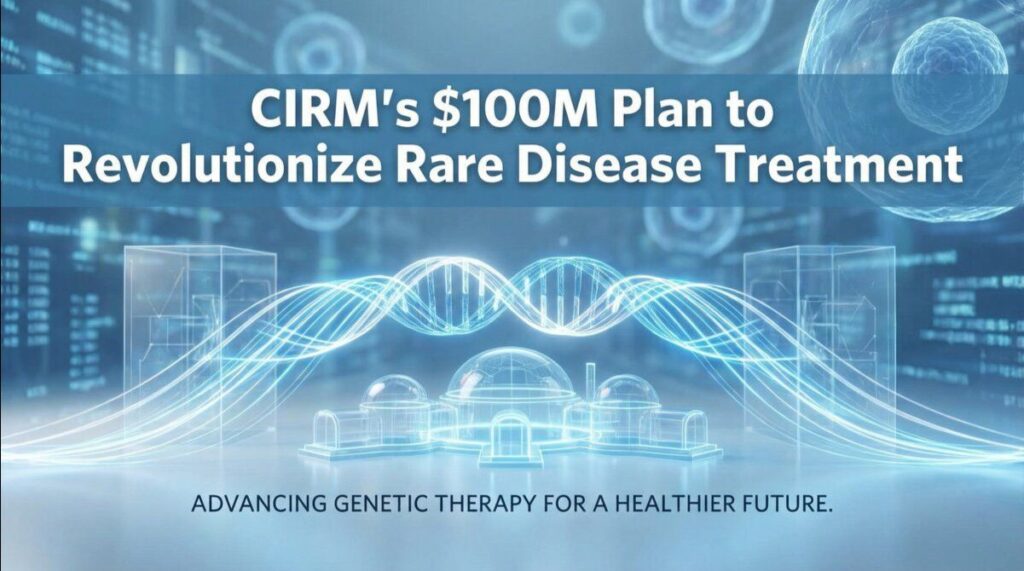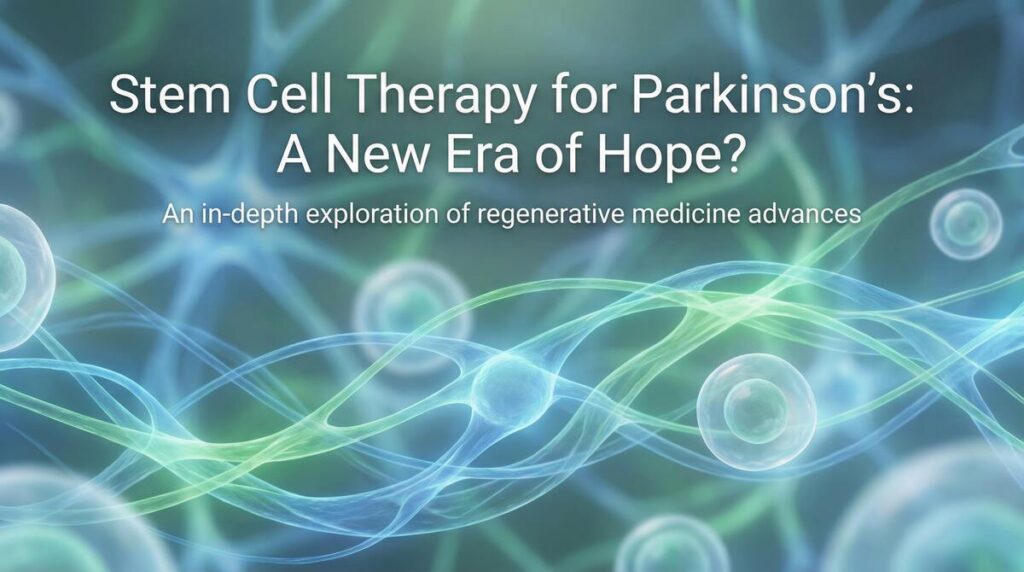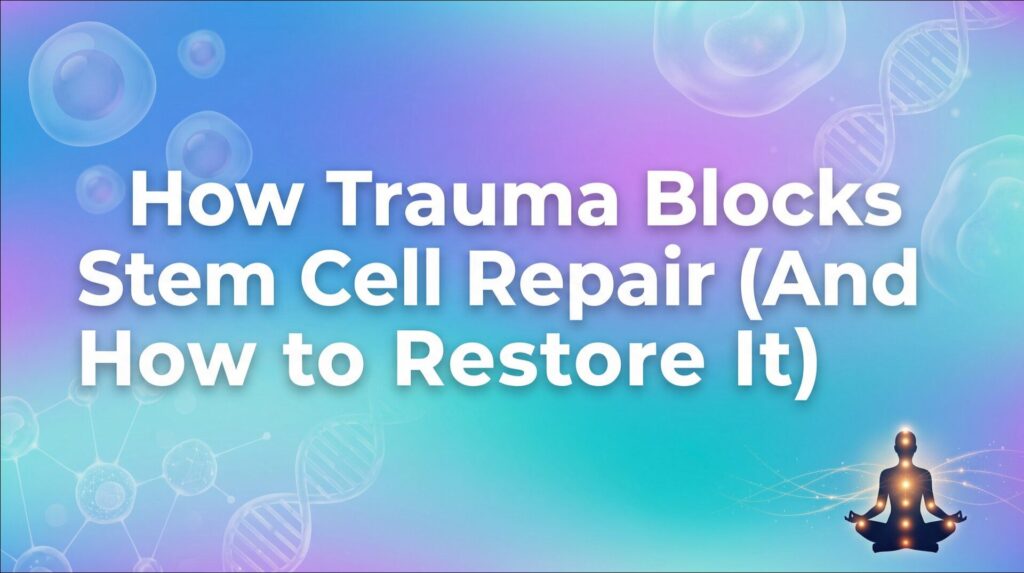The DeGregorio Family Foundation, with support from the Torrey Coast Foundation Gastro Esophageal Investigator Network Initiative (GEMINI), has awarded $300,000 to Dr. Saar Gill of the University of Pennsylvania. This award is in recognition of the progress he has made in less than a year on his grant, which is in addition to the $250,000 awarded last November.
Dr. Gill is making significant strides in improving the effectiveness of immunotherapy in gastroesophageal cancer using genetic engineering tools. He is modifying human blood-forming stem cells to produce specialized cancer-eating cells called Chimeric Antigen Receptor (CAR) macrophages, with the help of AI. These cells could potentially be injected into solid tumors.
While CAR-T cells have received FDA approvals for hematologic malignancies, their effectiveness in solid tumors has been disappointing. Dr. Gill believes that genetically engineered macrophages may be better suited to treat solid tumors as these cells are the major immune component in the tumor microenvironment.
The project combines two technological innovations from Dr. Gill’s lab. They previously created CAR macrophages from blood monocytes that can target and consume cancer cells. However, these CAR macrophages have a limited lifespan.
By implanting a CAR in stem cells that give rise to monocytes and subsequently macrophages, Dr. Gill hopes to develop a lifelong supply of cancer-eating cells for the treatment of upper gastrointestinal and other malignancies.
In 2020, gastric and esophageal cancers combined resulted in over 1.3 million deaths worldwide. These cancers are particularly challenging due to their chemo-resistant behavior and ability to metastasize. Dr. Gill’s work presents the possibility of significant advancement in the treatment and personalization of gastroesophageal cancer therapy.
The DeGregorio Family Foundation, established in 2006 following the death of a 10th family member from stomach cancer, has raised over $8 million to fund innovative research focused on curing gastric and esophageal cancers. It is the only foundation funding research grants for both of these cancers.



